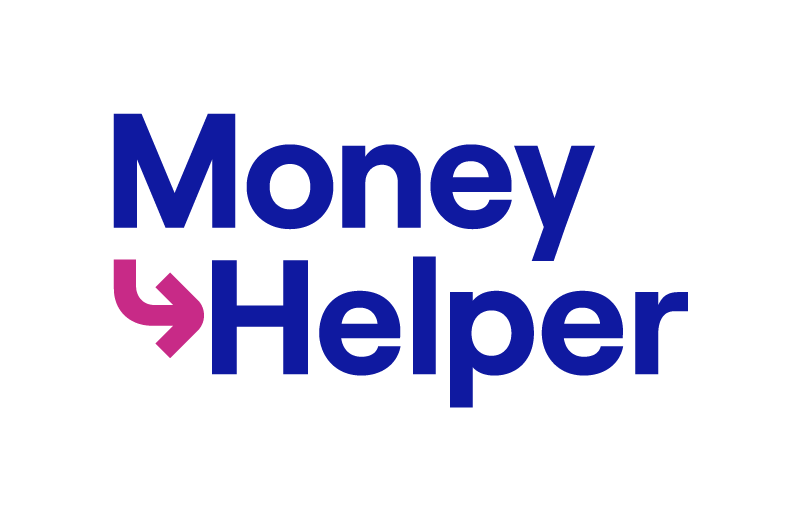How we help you
- September 2012
- August 2012
- July 2012
- June 2012
Who will know about my IVA?
If you're taking part in an IVA (Individual Voluntary Arrangement) - or considering starting one - you may be concerned about who will find out.
Taking part in an Individual Voluntary Arrangement will not be publicly advertised in a newspaper - like bankruptcy is - but people may be able to find out about it if they know where to look (and have a reason to look there).
As a rule, unless you choose to tell someone else, the following people will know about your IVA:
• You
• Your lenders
• Other lenders you try to borrow from
• Anyone you share your debts with
• The Insolvency Practitioner overseeing your IVA.
Details of your IVA are, however, recorded on the Individual Insolvency Register, which is publicly available online. Having said that, it's not the kind of thing most people would know about (or keep an eye on!) unless they had a good reason to.
Other questions about IVAs? Visit our common IVA questions page.
What is the Insolvency Register?
The Insolvency Register is a publicly available register that can be accessed online. This means that anybody who is curious about whether you are taking part in an IVA will be able to find out with relative ease.
Details recorded on the Insolvency Register include:
• Your name
• Your last known address
• Your date of birth
• Details of your Insolvency Practitioner.
• The fact that you've entered an IVA (as opposed to bankruptcy or a DRO - Debt Relief Order).
Bear in mind, however, that if you work in certain industries, such as the legal or finance sector, you may be required to tell your employer.
Should I get an IVA?
It may be disconcerting to think that anybody could find out about your IVA - if they thought to look - but it may still be worth it.
An IVA could help you if you're really struggling to meet your monthly repayments - and doubt you'll be able to pay your unsecured debts back in a realistic amount of time. It can lower your monthly repayments to an affordable level and freeze interest and charges on your debts - if enough of your lenders agree.
When you've successfully completed your IVA (usually after five years) any remaining unsecured debt included in it will be written off.
This could really help you deal with your unmanageable unsecured debts, but it will damage your credit rating for six years. If you're a homeowner, it's also likely that you will have to release some equity in your home in the final year of your IVA.
Deciding whether an IVA is right for you can be difficult, so fill out our callback form if you're not sure - and an expert will be in touch to discuss your options.
By Matthew Plant.

It's good to know:
- We negotiate with the UK's major lenders and retailers
- We pride ourselves on our approach to great customer service
- Each month 1000s of people are benefiting from our help

To find other sources of free advice visit Money Helper. It's here to listen and give free, impartial, trusted guidance. Based around you and backed by government.
Subject to eligibility and acceptance. Fees Payable. Debt write off applies to unsecured debts only and on completion of an IVA, alternative solutions may be offered. If your IVA fails, it could lead to Bankruptcy. Your ability to obtain credit will be affected for at least 6 years. Homeowners may be required to release the equity in their property.